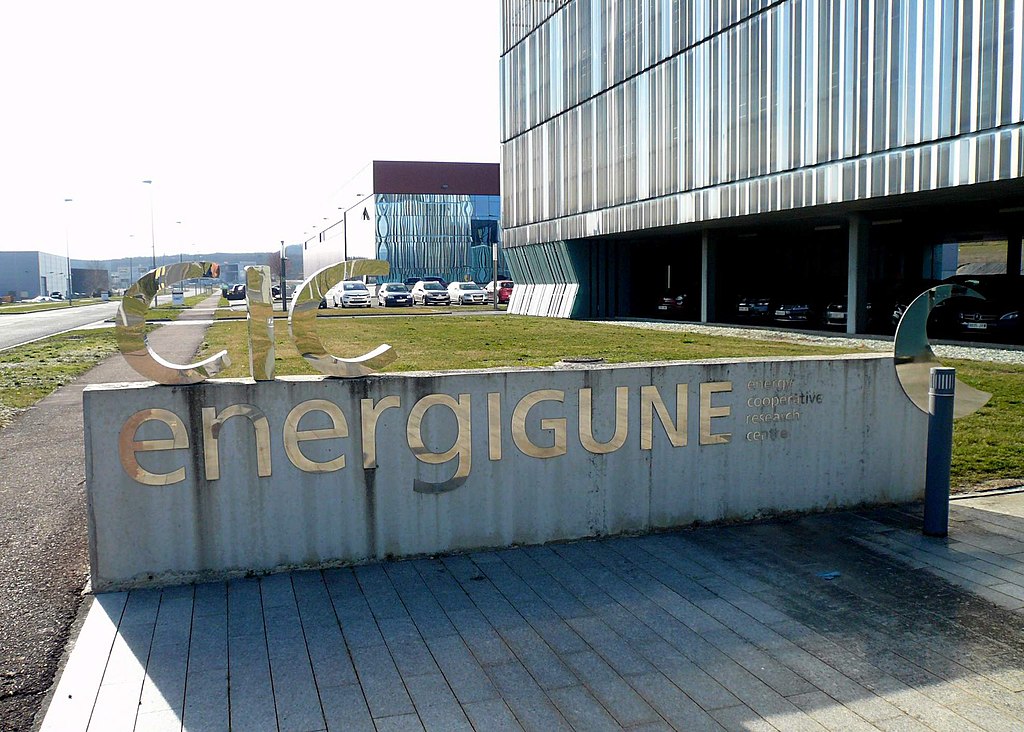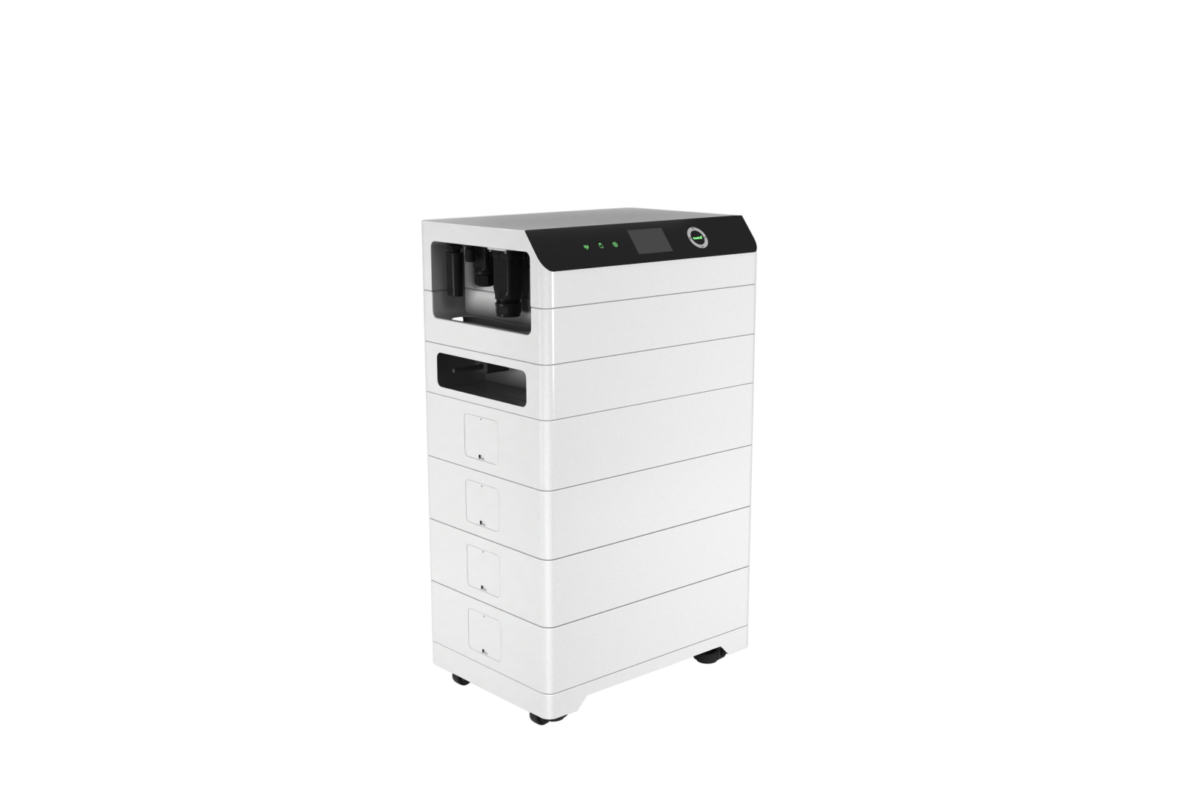CIC EnergiGUNE, a Spanish research center that specializes in storage technologies, is leading the Affordable High-performance Green REdox floW batteries (Higreew) research project to produce cheap, efficient redox organic flow batteries.
The project, which the European Commission is financing with a sum of €3.8 million, includes scientists from other European universities such as the Autonomous University of Madrid and the University of Bohemia, as well as Czech redox battery specialist Pinflow and electrochemical equipment supplier C-Tech, among other parties.
The new battery will be based on water-soluble organic electrolytes, which the scientists claim will be low cost and compatible with optimized low-resistance membranes and fast electrode kinetics. The new technology will allow researchers to develop more environmentally sustainable redox flow batteries with higher power and energy densities, while also offering longer duration.
The researchers are aiming for a levelized cost of storage below €0.10/kWh/cycle by the end of the 40-month project, which started last month, and €0.5/kWh/cycle by 2030. The final target corresponds with the European Strategic Energy Technology (SET) Plan – the technology pillar of the EU's energy and climate policy.
The three key materials of the new device, including membranes, electrolytes and electrodes, will now be submitted to initial validation tests. “In 2021, work will begin on integrating the new developments into a prototype designed by the British engineering firm Heights and by Gamesa Electric, a leading Basque partner in renewable energies,” the researchers said.
At a later stage, the battery will be tested at a Gamesa facility in Spain. The company is a unit of German industrial conglomerate Siemens. “The project aims to demonstrate that organic flow batteries can be a sustainable alternative to vanadium batteries, a material included in the list of critical raw materials by the European Commission,” the scientists said.
Unlike vanadium redox flow batteries, the devices are more environmentally sustainable because they do not contain heavy metals or hazardous acids. They are also said to offer additional advantages in terms of cost, as prices are independent of commodity markets and are therefore more dependent on scaling.
This content is protected by copyright and may not be reused. If you want to cooperate with us and would like to reuse some of our content, please contact: editors@pv-magazine.com.




Hello
My name is Jörgen Andersson and work with energy al my lift.
I’m interested in this flow battery .
Can I get more info about this new flow battery what type material organic material.
Regards
Jörgen Andersson
I assume the 5c/kWh hold with daily charge/discharge?
What are the projected capacity costs (€/kWh installed)?